Cesare Battisti may refer to:
- Cesare Battisti (politician) (1875–1916), Italian politician
- Cesare Battisti (militant) (born 1954), former member of the Armed Proletarians for Communism in Italy
- Italian destroyer Cesare Battisti, in service 1927–1941
Cesare Battisti may refer to:

Cesare Battisti is an Italian former member of the terrorist group Armed Proletarians for Communism (PAC), who is currently imprisoned after years on the run. PAC was a far-left militant group active in Italy in the late 1970s during the period known as the "Years of Lead". Battisti was sentenced to life imprisonment in Italy for four homicides. He fled first to France in 1981, where he received protection under the Mitterrand doctrine.
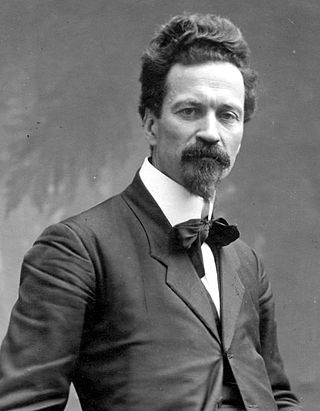
Cesare Battisti was an Italian patriot, geographer, socialist politician and journalist of Austrian citizenship, who became a prominent Irredentist at the start of World War I.

Cesare Cremonini is an Italian singer-songwriter and actor.

Lucio Battisti was an influential Italian singer-songwriter and composer. He is widely recognized for songs that defined the late 1960s and 1970s era of Italian songwriting.
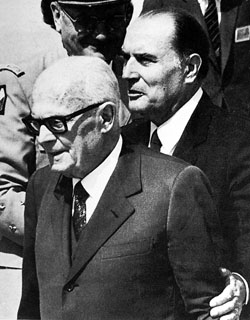
The Mitterrand doctrine was a policy established in 1985 by French President François Mitterrand, of the Socialist Party, concerning Italian far-left terrorists who fled to France: those convicted for violent acts in Italy, excluding "active, actual, bloody terrorism" during the "Years of Lead", would not be extradited to Italy.
Armed Proletarians for Communism was an Italian far-left terrorist group founded in 1976 and disbanded three years later, during the "Years of Lead".
Cesare, the Italian version of the given name Caesar, may refer to:

Qirnada or Ghirnada is a town in the District of Jabal al Akhdar in north-eastern Libya. It is located 20 km south of Bayda.
Battisti is a surname of Italian origin. The name refers to:

Barona is a border district ("quartiere") of the city of Milan, Italy. It is part of the Zone 6 administrative division, and it is located south of the city centre. Its population can be roughly estimated to 85,000. It borders on the comunes of Buccinasco, Assago, and Corsico and the districts of Lorenteggio and Torretta. Its boundaries are marked by the Parco Agricolo Sud Milano nature reserve to the south, by the Naviglio Grande and Naviglio Pavese canals to the east and to the west, and by the Circonvallazione ring road to the north.

The Istituto Geografico Militare (IGM), or Military Geographic Institute, is an Italian public organization, dependent on the Italian Army general staff. It is the national mapping agency for Italy.
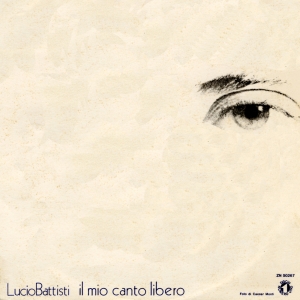
"Il mio canto libero" is a song written by Italian singer-songwriter Lucio Battisti and lyricist Mogol. The song was recorded by Battisti for the album of the same title, and released as a single in November 1972 for Mogol's recording label Numero Uno. The song was a commercial success in Italy, topping the Musica e dischi singles chart for nine consecutive weeks in 1973 and becoming the third best-selling single of the year. During the following years, it was covered by several artists, and it became a classic of Italian popular music. It was certified platinum by the Federation of the Italian Music Industry in 2021, for domestic equivalent sales exceeding 70,000 units since 2009.
"E penso a te" is a song composed in 1970 by Lucio Battisti based on the lyrics by Mogol. Initially sung by Bruno Lauzi, it was subsequently re-recorded by numerous other artists. The most popular version remains the one which its author gave in 1972.
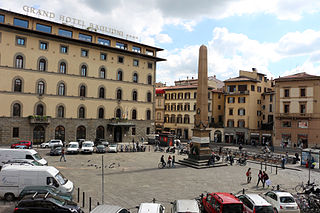
The Obelisk of the Fallen in the Wars of Independence in the Piazza dell'Unità Italiana, once called the Piazza Vecchia di Santa Maria Novella, is a monument located in the piazza just east of the apse of Santa Maria Novella, surrounded by large hotels and offices located near the main train station in Florence, Italy.
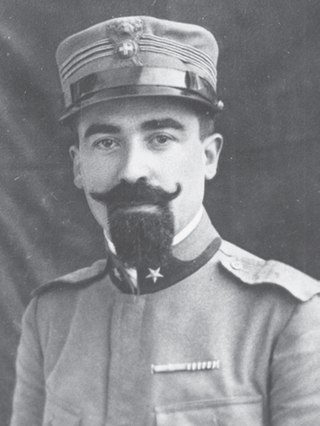
Giovanni Battista Trener was an Italian geologist and director of the Tridentine Museum of Natural Sciences from 1922 to 1932 and from 1946 to 1954 respectively.

Ernesta Bittanti Battisti was an Italian journalist and educator.

Paolo Cento is an Italian politician.
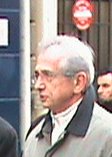
Jacques Bravo was a French politician who was a member of the Socialist Party.
Cesare Battisti was one of four Sauro-class destroyers built for the Regia Marina in the 1920s. Completed in 1927, she served in World War II.
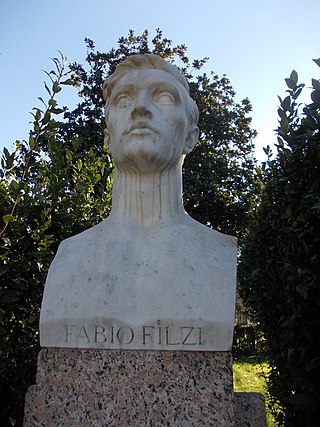
Fabio Filzi was an ethnic-Italian who was born in the Austria-Hungarian Empire but was a irredentist patriot whose firm belief was that the Italian portions of Austria-Hungarian Empire should be united with Italy. He was captured and executed by the Austria-Hungarian Army with his superior Cesare Battisti.